The Dell’s XPS laptop series has been the absolute game-changer in the Window’s world for quite some time. From the very beginning, it was created to take on the MacBook Pro, and to an extent, it does so spectacularly. The device provides high-speed performance with a stunningly bright screen while keeping the appearance subtle and aesthetic at the same time.
Still, the community has constantly pointed out the lack of AMD Ryzen CPUs in this flagship device since its release. It is believed that adding a Ryzen CPU can exponentially boost the performance of these laptops and deal with their heating issues as well.
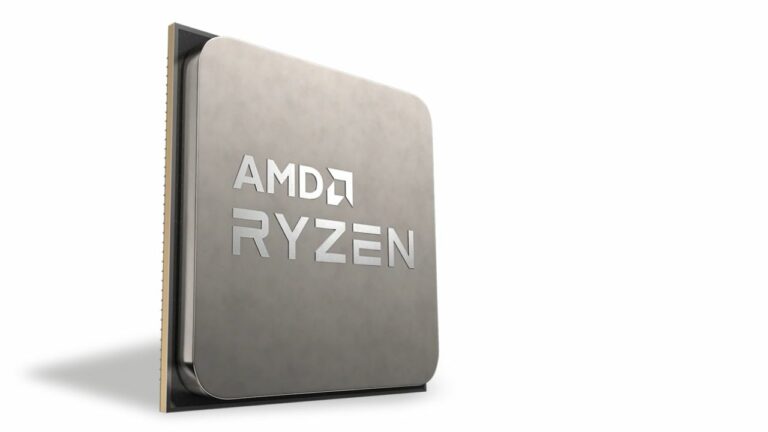
Unfortunately, it seems a little unlikely that the XPS series will have an AMD variant anytime soon. Here is why Dell does not offer an AMD Ryzen XPS; What is the progress in this situation? And when can we expect that ultimate AMD Dell XPS?
The Thunderbolt 4 Ports Offered By The Dell XPS Are Exclusive to Intel
Thunderbolt is a proprietary hardware interface developed by Intel together with Apple, and the Thunderbolt 4 ports are the latest development in it. These latest ports are found explicitly on PCs with 11th Gen Intel Core mobile processors.
Thunderbolt 4 ports have increased the minimum PCIe data requirements from 16Gbps to 32Gbps, which means that high-speed external PCIe devices like storage and external graphics will now perform data transfer with significantly increased speed.
Thunderbolt 4 provides VT-d based DMA protection for security, which helps prevent security threats by remapping requests from external devices and checking for proper permissions. An additional feature of these ports allows a PC to be brought out of hibernation using the peripherals connected through a dock.
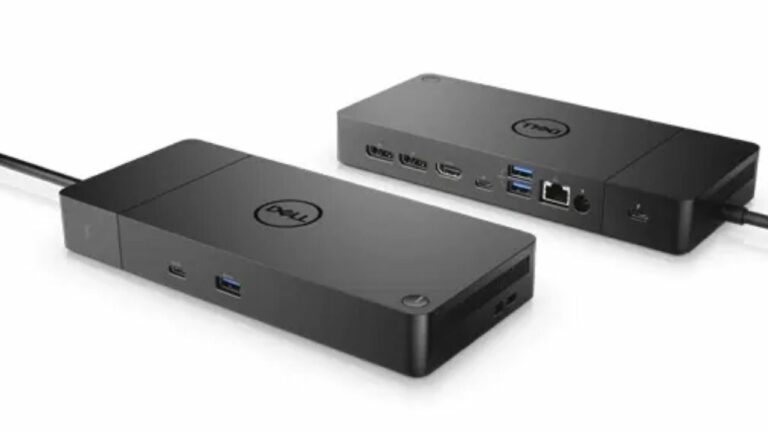
These ports are a significant upgrade as they provide faster and more secure connectivity of input/output devices for data transfer and display connection than any other interface. Moreover, these can also be used to charge your device. Amazingly, it can do all of this at the same time.
This versatility of Thunderbolt 4 ports is what makes Dell XPS an exceptional laptop. However, if Dell has to make a Ryzen variant for the XPS series, it will have to sacrifice the Thunderbolt 4 ports as the Ryzen CPUs do not support it, and AMD continuously denies its need.
Until Dell can figure out a way to use the Thunderbolt ports along with the AMD Ryzen CPUs, it does not seem likely that there will be a Ryzen XPS variant soon.
How Do USB-C Ports Compare to The Thunderbolt 4 Ports?
| USB-C | Thunderbolt |
| USB 3 supports transfer speeds up to 10Gbps. | Thunderbolt 3 and 4 support transfer speeds up to 40Gbps. |
| Power and charge devices at 100 watts. | Power and charge devices at 100 watts. |
| Available on all new PCs. | Available on all Apple computers and only some Intel-based PCs. |
| Cheaper to manufacture | Costly to manufacture, and cost increases with each port. |
| Not cross-compatible with Thunderbolt (although they use the same ports). | Thunderbolt 4 and Thunder 3 use the same USB-C port. |
| Supports 4K displays with audio using a workaround. | Supports up to two 4K video displays or one 8K display. |
The USB-C does not lag that far behind in many aspects, but its data transfer speed is well behind Thunderbolt 4 by the difference of a whopping 30Gbps. However, the latest development in USB-C, USB 4 is expected to be on par with Thunderbolt in the speed as well. Still, Thunderbolt 4 has PCIe bandwidth speeds up to 32Gbps, which means data transferring will always be faster on Thunderbolt ports.
Are Intel and AMD Working On Solving The Thunderbolt Ports Issue?
There have been no direct comments from the official sources of all the three companies regarding the availability of Thunderbolt Ports in Dell XPS and whether they plan to make AMD compatible with these ports.
However, some positive news arrived from Intel last year, when
Intel gave the X570 Phantom Gaming ITX/TB3 motherboard official certification, making it the first-ever Intel-certified Thunderbolt AMD board. Earlier, Intel didn’t permit sellers to produce Thunderbolt-compatible boards.
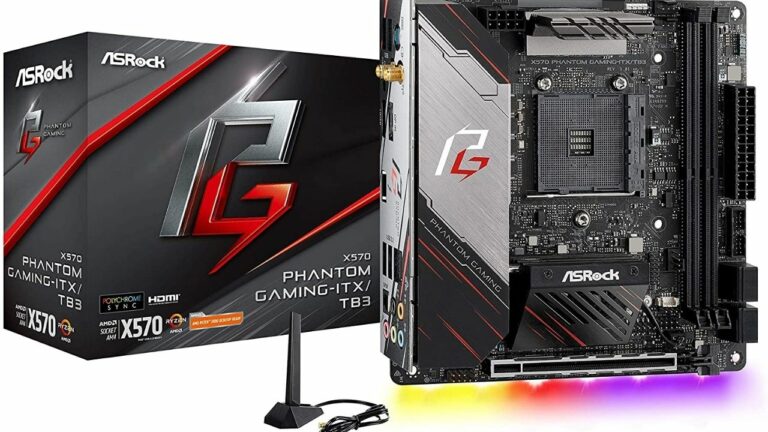
Moreover, in an email reply to PCWorld, an AMD official said,
We do not find much demand from Original Equipment Manufacturers (OEMs) for Thunderbolt support
AMD Official
as the reason why AMD does not offer Thunderbolt support. He added that
There’s no technical reason preventing AMD from supporting Thunderbolt. A discrete Thunderbolt chipset can connect to the CPU via Peripheral Component Interface (PCI).
AMD Official
Also, AMD’s Zen 2 supports Intel’s VT-d based Direct Memory Access (DMA) security in pre-boot and OS settings via AMD-Vi (IOMMU) on USB and PCIe interfaces. DMA security is a strict requirement for Thunderbolt 4, which a laptop vendor must support.
This bluntly indicates that technology and compatibility are not the significant concerns withholding the production of the AMD Ryzen variant of Dell XPS. But, the Thunderbolt provides the best performance with Intel CPUs as Intel initially created it to work specifically with its microprocessors.
Dell Might Be Trying To Strengthen Its Market Relation With Intel By Not Delivering An AMD Variant of XPS
Youtuber Dave2D, one of the well-known Tech Reviewer, has a fascinating theory regarding the lack of AMD variants of the Dell XPS.
As Dell is the largest purchaser of Intel microprocessors, he believes that Dell is trying to improve its business relationship with Intel by not including AMD in its flagship devices to get better deals out of Intel in the future.
This seems to be another core issue preventing the Dell XPS series from using AMD CPUs.
Can Ryzen CPUs Really Boost the Performance Of The Dell XPS?
AMD Ryzen CPUs are currently the best in the business as they offer better, more efficient, and cooler performance. With the latest 5000 series’ release, Ryzen has become even more efficient than its last gens.
Comparing the available Intel CPUs in the XPS models to the latest Ryzen 5000s,
| CPU | Core/ Thread | Base/Boost Clock speed | Node | Cache | TDP (W) | Cinebench 23 score (Multi-core) | |
| Intel Core i3-1115G4 | 2/4 | 1.7 GHz/ 4.1GHz | 10nm | 6MB | 28W | 2498 | |
| AMD Ryzen 3 5400U | 4/8 | 2.6 GHz/4.0GHz | 7nm | 8MB | 25W | N/A | |
| Intel Core i5-11400H | 6/12 | 2.7 GHz/ 4.5 GHz | 10nm | 12MB | 45W | 9280 | |
| AMD Ryzen 5 5600H | 6/12 | 3.3 GHz/ 4.2 GHz | 7nm | 19MB | 45W | 9943 | |
| Intel Core i7-11800H | 8/16 | 2.3 GHz/ 4.6 GHz | 10nm | 24 MB | 45 W | 11955 | |
| AMD Ryzen 7 5800H | 8/16 | 3.2GHz/ 4.4 GHz | 7nm | 20MB | 45 W | 12060 | |
| Intel Core i9-11900H | 8/16 | 2.5 GHz/ 4.9 GHz | 10nm | 24MB | 45W | 11990 | |
| AMD Ryzen 9 5980HX | 8/16 | 3.3GHz/ 4.8GHz | 7nm | 20MB | 45W+ | 11947 |
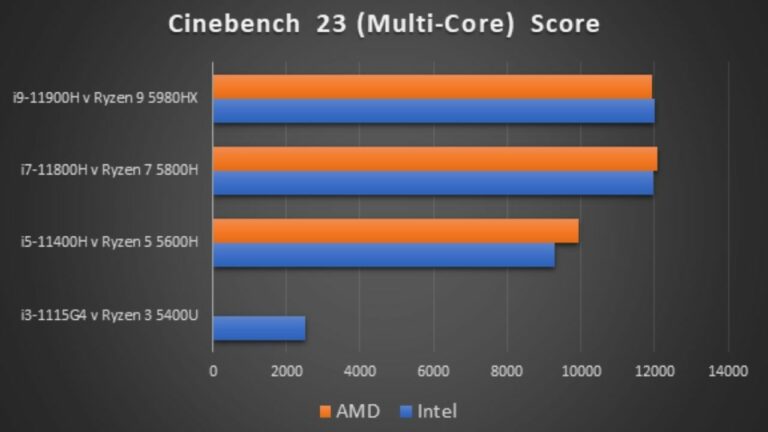
NOTE- The Cinebench 23 and other test scores are available at Nanoreview.net
We can see that Intel does offer higher frequencies, but Ryzen provides efficient and better performance at a lower price. In the Cinebench R23 test (multi-core), Ryzen CPUs have performed constantly better than their Intel counterparts.
Another issue with the Dell XPS and the Intel CPUs is that they heat up significantly even with two giant fans and a fabulous cooling mechanism. A Ryzen variant can help in considerably lowering down the temperature of the device.
Also, Ryzen CPUs arrive with improved and better-integrated graphics, unlike the Intel UHD graphics, which are currently a part of the Dell XPS.
What Does All Of This Say For The Future Of The Highly Anticipated AMD-Dell XPS Laptop?
We can conclude from all the discussion above that lack of technology and thunderbolt ports are not the main reason for the non-production of AMD-Dell XPS. It has more to do with the rivalry among the top microprocessor manufacturing giants and maintaining brand relationships.
As of now, neither Dell nor AMD have officially announced or teased the future availability of an AMD-Dell XPS Variant. But, a ray of hope comes from AMD, as according to the rumors, AMD is all set to launch its next-generation of CPUs, code name Rembrandt, in 2022.
These CPUs will include support for two USB 4 ports. USB 4 is based on Thunderbolt 3, and USB 4 40 Gb/s is also compatible with Thunderbolt 3 devices like eGPUs, docks, etc.
Looking at this progress and the continuous domination of the market share by AMD, we can hope that Dell will eventually give in to the community’s requests and soon introduce an AMD-Dell XPS line-up in 2022. Unfortunately, all of these are mere speculations, and nothing is certain.
What Are Some Better AMD Ryzen Alternates of Dell XPS?
If you are looking for an AMD powered laptop, here are a few suggestions from us on the devices that are at par with Dell XPS:
- LENOVO LEGION 5 ($1,049.99): This device offers you an AMD Ryzen 7 5800H CPU along with the exact specifications of its Dell XPS counterpart. Still, it costs $950 less than the XPS.
- HP OMEN 15z ($2,099.99): Arriving with an AMD Ryzen 7 5800H, this device will cost you $500 less than its rival Dell XPS. It will also offer you an NVIDIA GeForce RTX 3070 GPU, where Dell has only a 3050Ti to offer.
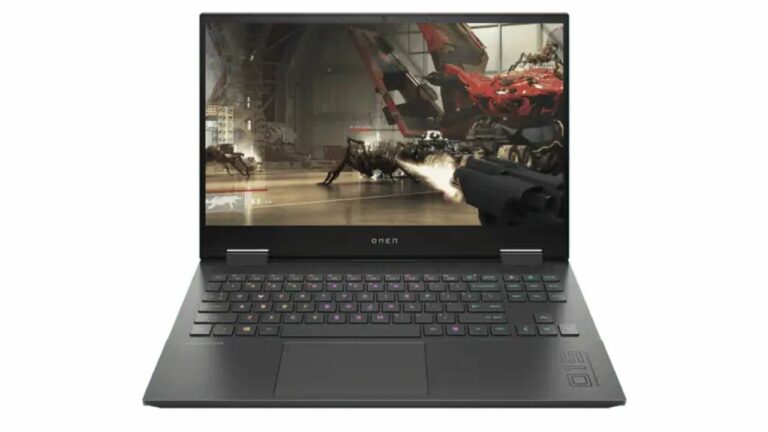
- ASUS ROG Strix G17 ($2,099.00): This device comes with a 17-inch 300Hz IPS display with a Ryzen 9 5900HX CPU, it will cost you around $350 cheaper than a 17-inch touch screen Dell XPS. It also offers you an RTX 3070, while its XPS competitor is limited to an RTX 3060
- RAZER BLADE 14 ($2,099.97): Coming with a Ryzen 9 5900HX compared to Dell’s Intel Core i9-11900H, even though it offers a one-inch smaller screen, it will give you an RTX 3060 compared to the 3050Ti of XPS at a price $50 cheaper than Dell.
All these devices offer almost the same if not better specifications than Dell XPS besides the display quality.
These alternates may not beat the Dell XPS overall as a creator-based product, but they could be a decent buy for those who prefer AMD CPUs over Intel till Dell does not launch an AMD-Dell XPS.
About Advanced Micro Devices
Advanced Micro Devices (AMD) is an American multinational semiconductor company headquartered in Santa Clara, California.
AMD develops computer processors and related technologies for business and consumer markets. AMD’s main products include microprocessors, motherboard chipsets, embedded processors and graphics processors for servers, workstations, personal computers and embedded system applications.
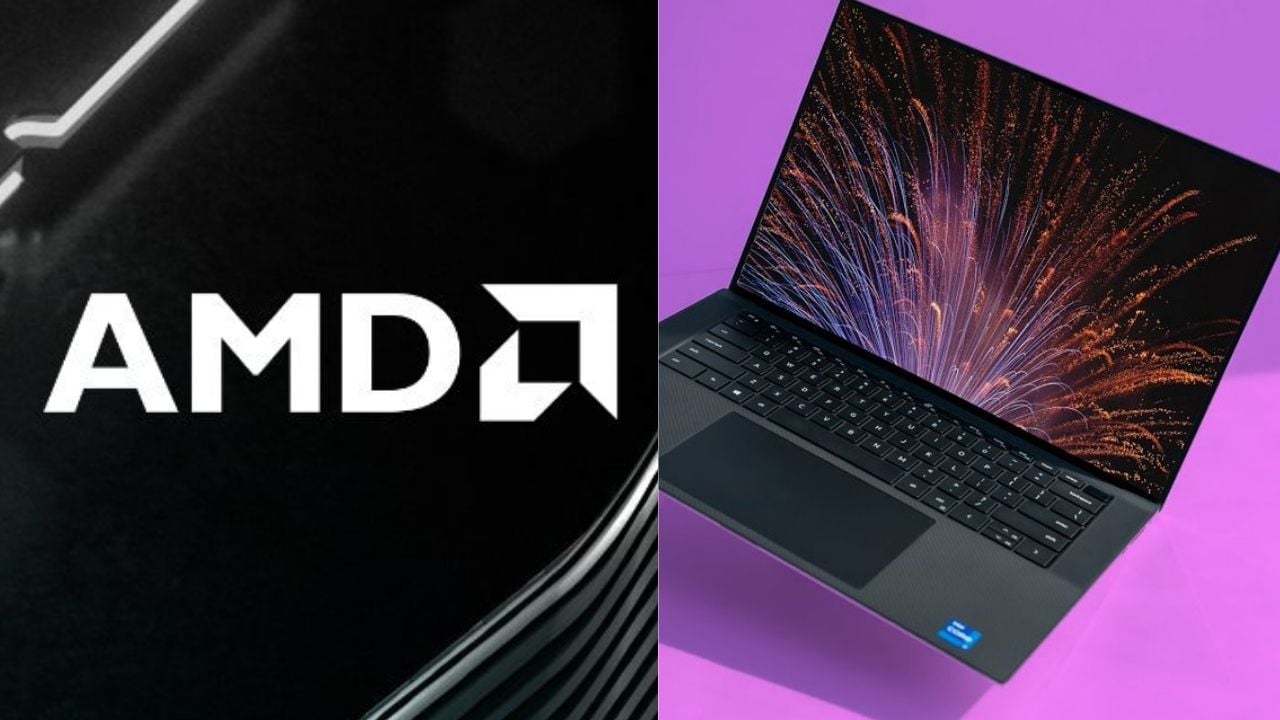

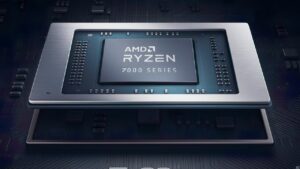
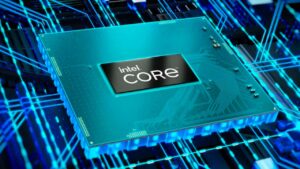
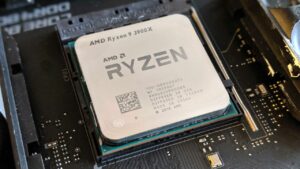
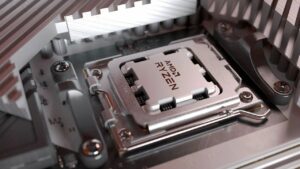

No Comments on Why Doesn’t Dell XPS Use AMD CPUs? When Can We Expect An AMD-Dell XPS?